Every fourth inhabitant of the planet has problems with the gallbladder. Some people do not even suspect their health problem. This is due to the frequent confusion of the symptoms with those of the stomach, increased acidity, body weight and more.
Gallbladder diseases can start mostly when we have an improper diet. To treat and even prevent the diagnosis of biliary disease, we need to know how to eat.
When you find out if you have a gallbladder disease, you still have the option to avoid surgery. The presence of problems and gallstones does not always require this type of treatment, unless its walls are no longer inflamed. The first thing you need to change is your diet.
First, look for supplements, which contain selenium, molybdenum, zinc and copper, choline and methionine. They help to regulate the metabolism of fat. Take vitamin C in any form.
Fresh fruit and vegetables - a mandatory element in every diet, both healthy and sick people.
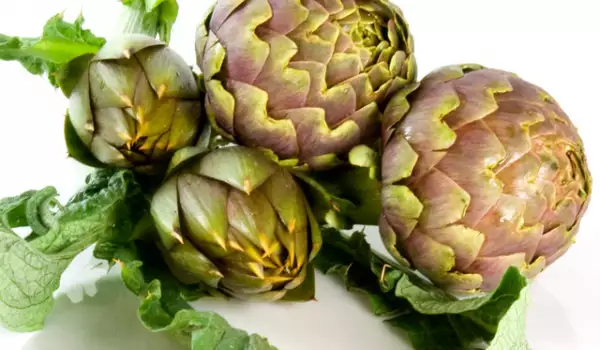
The main foods on the menu should be artichoke and beetroot - they have a beneficial effect on the bile function.
Cabbage, broccoli, kale - a must-have for gallbladder diet.
Apricots - out of the fruits, they have the most beneficial effect. They stimulate kidney cleansing and reduce the risk of infection.
Grapes are the best source of antioxidants. They are an ideal option for purifying the blood and are rich in B vitamins as well as potassium. They have an energizing effect on the body.
Lemons are one of the richest in vitamin C fruit.
Spices:
Celery - improves blood circulation and has a great cleansing effect.
Parsley - good for replenishing digestion. Significantly decreases the inflammation process.
Onion - has a major role in detoxifying the liver, helps with fluids.

Allowed foods: fresh skim milk, preferably cow's milk, freshly made cottage cheese, dietary cottage cheese, well-salted white cheese, freshly fermented yogurt, fresh cottage cheese, kefir, tarator without garlic.
From the meat you can eat domestic rabbit, beef, tender beef, lamb - boiled or baked or grilled, broiler chicken, lean young chicken, lean freshwater fish (barbel, chub, young carp, crucian carp, bleak, white fish, trout, pike, common rudd - mainly boiled or grilled), egg white, vegetable salad oils - sunflower, olive.
All other foods should be consumed in moderation and if possible - they should be avoided.
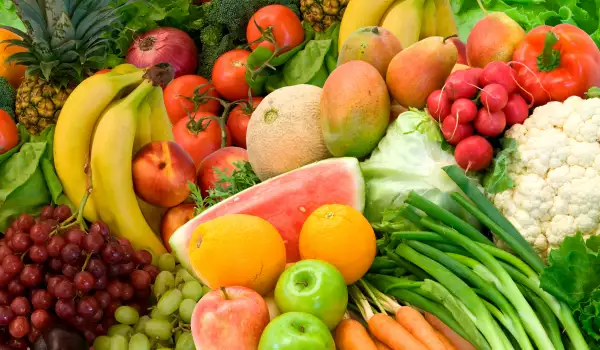

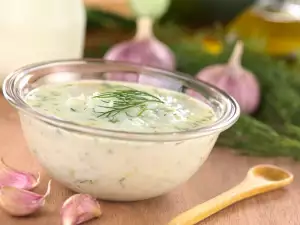



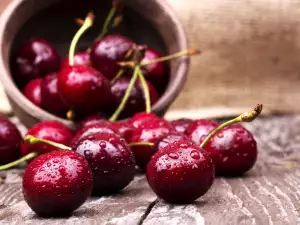

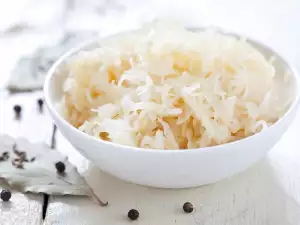

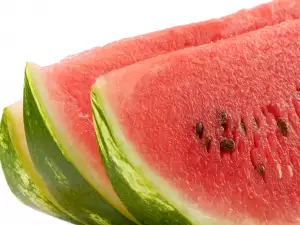
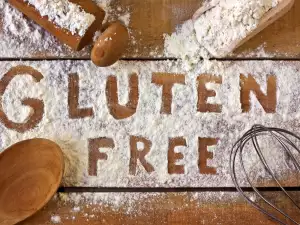
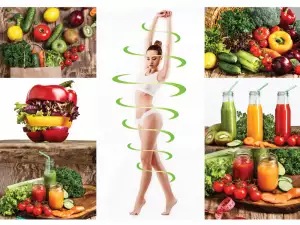
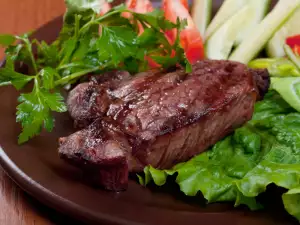
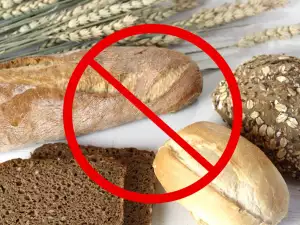




Comments